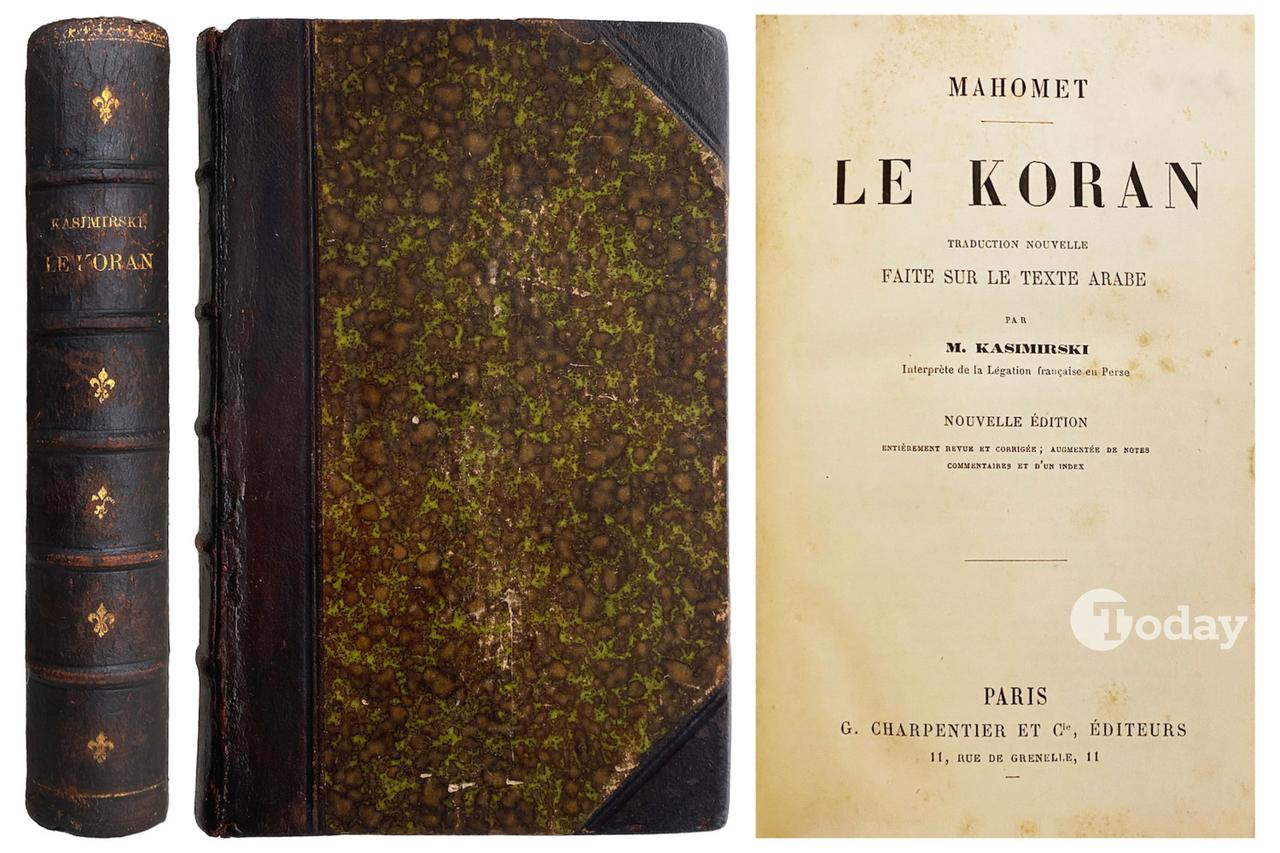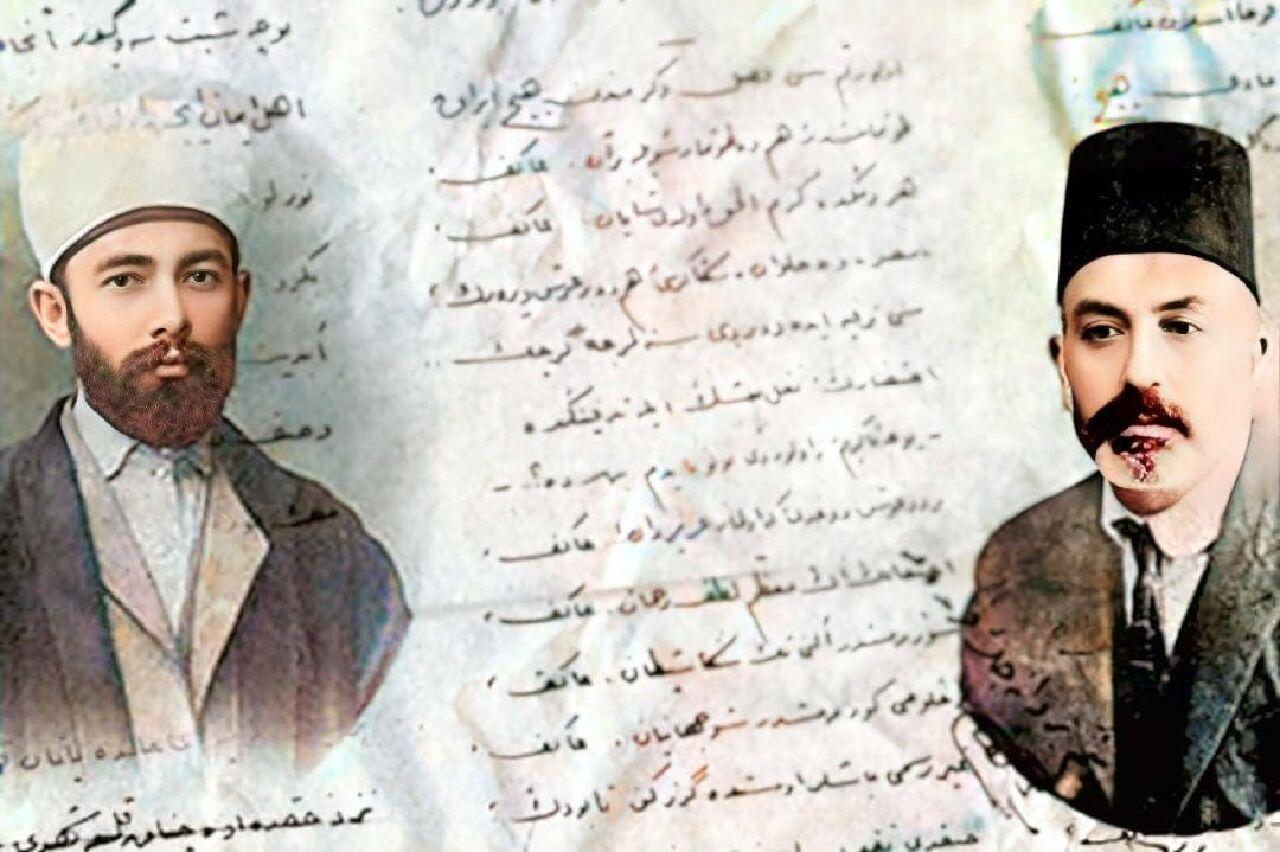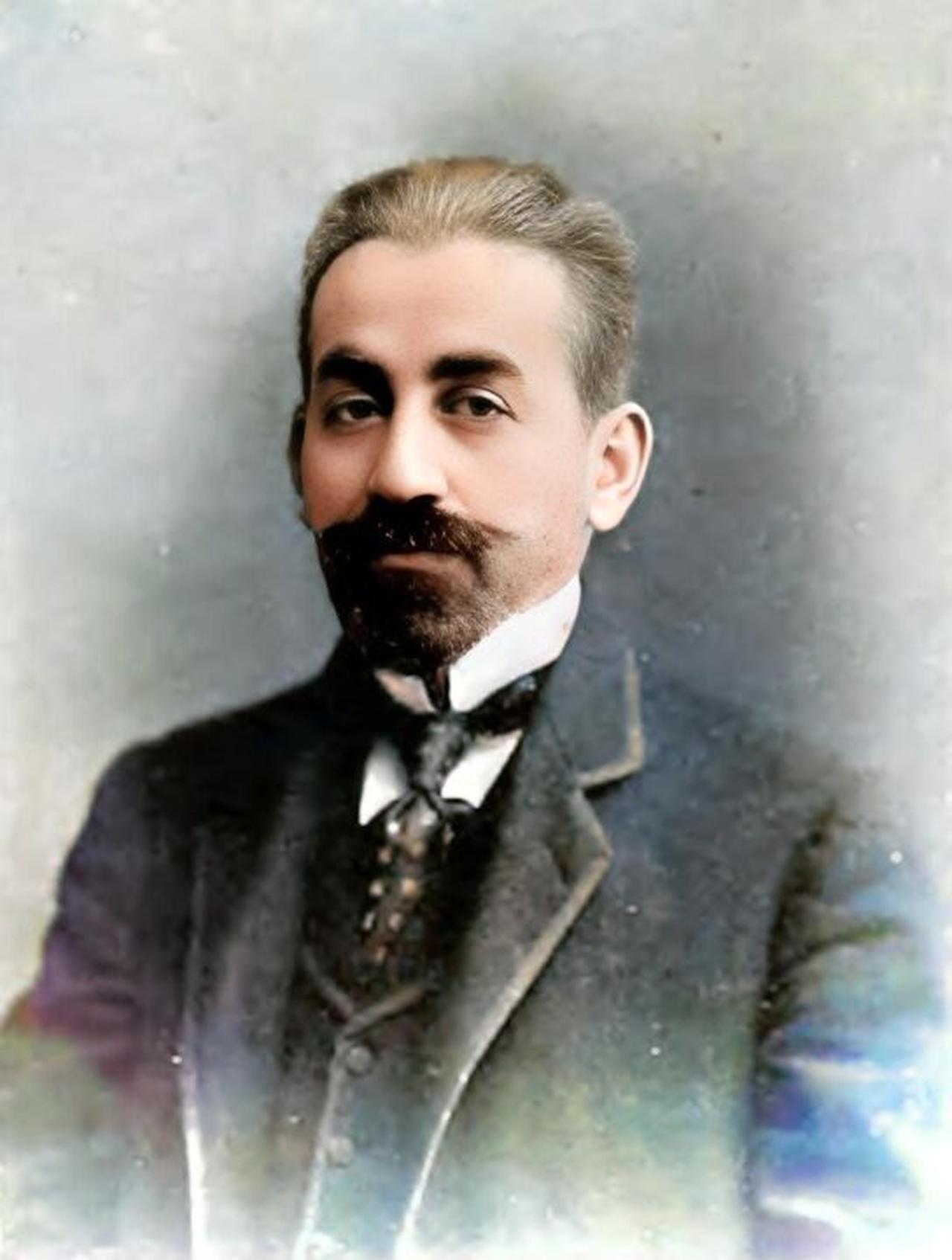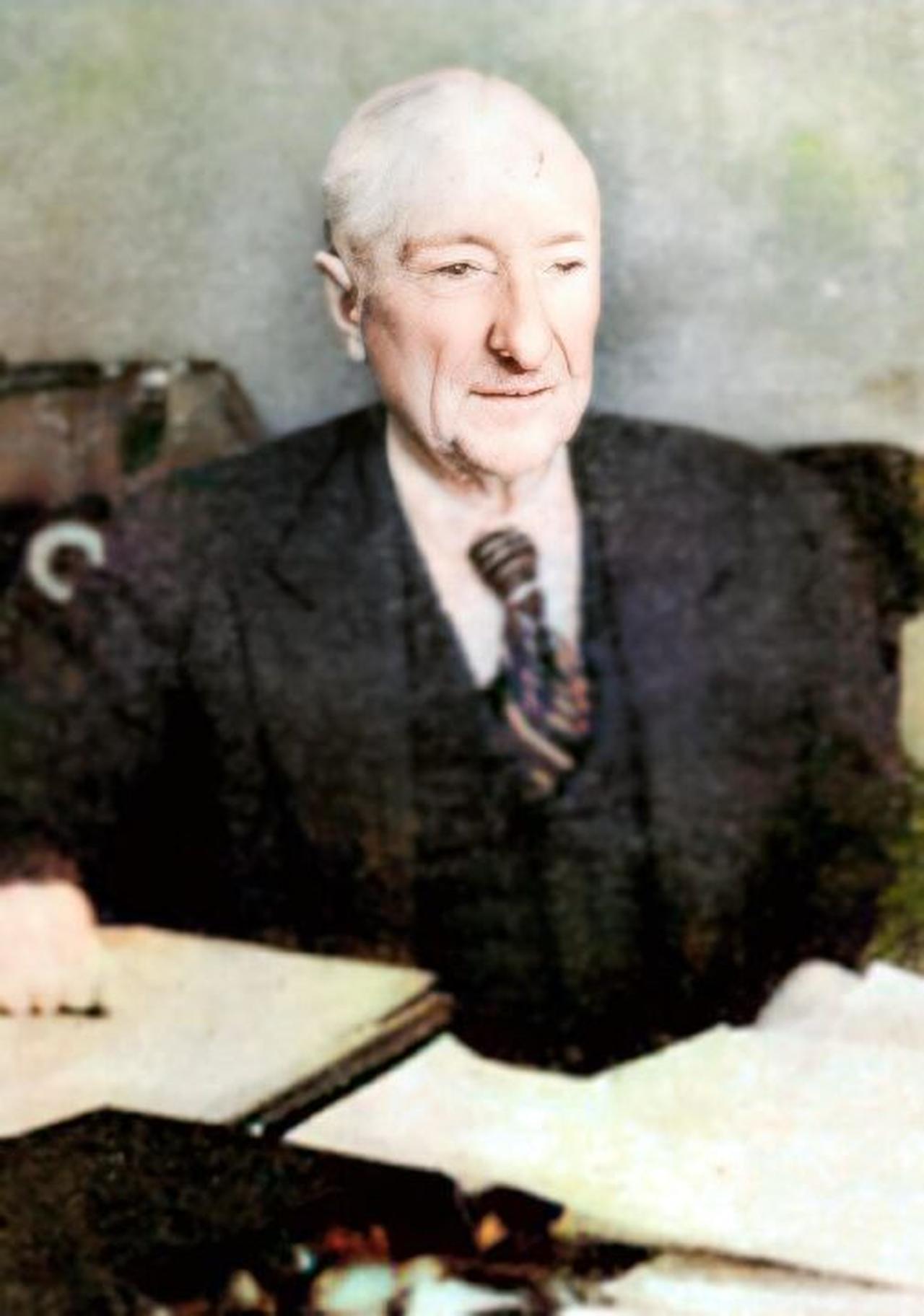
Although the Ottoman Turks accepted the Qur’an as a guide for life and adopted its morality as their own, they never attempted to translate it. The translation or interpretation of the Qur’an into Turkish was a product of the "religious reform" activities of the Unionists (Ittihatciler).
Sultan Abdulhamid II recounts:
“How can the Great Qur’an be translated? There are so many commentaries; what need is there for a translation! Besides, it is not permissible. For example, how will alif-lam-meem be translated? The meanings in the verses cannot be translated. If translated literally, the meaning is lost. Each verse explains or implies the verse revealed before it. In my opinion, attempting such things is not good.
Once, a corrupt hodja, together with an Englishman, was translating the Qur’an as he pleased in a house in Besiktas. At the time, the Minister of Police was Hafiz Pasha. He received word, raided the house, and caught the hodja and his translated book. It became a matter of controversy. The British ambassador intervened and sent a protest to the government. The ambassador was a close friend of mine. He came informally and explained the situation.
I said, ‘Hafiz Pasha did his duty. A hodja dared to do something not permitted by our religion. They handed the hodja over to the office of the Sheikh al-Islam. A trial would take place. If no religious crime was proven, he would be pardoned. As caliph, there is nothing I can do about this.’” (Memoirs of Atif Huseyin Bey, pp. 248–249)

The first translation/interpretation of the Qur’an was published in 1914 during the Unionist era by Ibrahim Hilmi. This translation belonged to a Lebanese Christian Arab named Zeki Megamiz. For this reason, his name was kept secret.
In the Republican era, with the encouragement of the regime, three Qur’an translations were published: one by Seyyid Suleyman, the author of the dream interpretation book Kenz al-Menam; one by the lexicographer Sheikh Muhsin Fani (Huseyin Kazim Kadri); and another by the retired soldier Cemil Sait Dikel. These three books, all published in 1924, were so erroneous that the Presidency of Religious Affairs warned Muslims not to read them.
Moreover, Cemil Sait, who had no religious or Arabic knowledge, had translated his version from Kazimirski’s French translation. He presented this translation to the President, who read it carefully and took notes on it.
Later, in 1925, at the request of the President, the poet Akif—who had no religious knowledge—was commissioned to write a Turkish interpretation in poetic language. The commentary was assigned to Elmalili Hamdi. Each was paid 12,000 lira from the Diyanet budget. They shared a common trait: opposition to Sultan Abdulhamid.
Although Akif received an advance, he did not complete the translation. Some say he gave up upon hearing it would be recited in prayer, but this is not true. In his letters, he wrote that he was dissatisfied with what he had written. Thus, the task of the translation also fell to Elmalili. The commentary titled Hak Dini Kur’an Dili was published in 1935. The claim that the President paid for the Qur’an commentary out of his own pocket originates from this.

Kazim Karabekir recounts:
“On the evening of August 14, 1923, during a tea reception at the Turkish Hearth, Mustafa Kemal Pasha expressed his desire for a literal Turkish translation of the Qur’an. I realized that a group of pretentious people had influenced him toward this idea. To prevent this danger, I suggested forming a committee of high-level scholars—some of whom were well-versed in Arabic and religious knowledge—to decide whether an interpretation or translation was more appropriate. He responded: ‘Yes, Karabekir, I will have the Qur’an translated into Turkish so that Turkish sons will learn the nonsense of the Arab son. And I will have it taught so that people do not continue to be foolish and deceived.’” (The Quarrel of the Pashas, pp. 160–161)
On November 30, 1929, the President gave the following statement to a reporter from Vossische Zeitung:
“Finally, I ordered the translation of the Qur’an. For the first time, it is being translated into Turkish. I also ordered the translation of a book about the life of Prophet Muhammad (Peace be upon him). Let the people understand that something that has been repeated endlessly exists, and let them know that the religious men care only about filling their bellies and have no other concerns.” (Speeches and Statements of Ataturk, III/124–125)
The American ambassador in Ankara, Charles Scherrill, wrote in a report dated March 17, 1933, about his interview with the President:
“He says that once the Turkish people understand the true meaning of the Arabic verses they have been reciting for so long, they will be disgusted. He read a passage from the Qur’an (Surah Al-Masad). It was a curse for the Prophet Muhammad’s (P.B.U.H) uncle and his wife to go to hell for something they did. He asked, ‘Can you imagine the religious inspiration or interest a thinking Turk could derive from such a prayer?’ As he elaborated on this idea, I increasingly came to the conclusion that his encouragement of reading the Qur’an in Turkish was to discredit it among the Turks.”
However, this apparent inconsistency pertains to the translation/interpretation. Those who are knowledgeable in Arabic and religious scholarship do not experience such feelings when reading the Qur’an.

Hafiz Sadeddin Kaynak recounts:
“During the activities to translate the language of worship into Turkish, the President had me read a verse from Surah al-Nisa at the palace. It had been translated as: ‘Do not marry two sisters. If it has already happened, Allah is Forgiving and Merciful.’ He said, ‘Go to Konya, marry your wife’s sister unknowingly, and then say, “It already happened, Allah is Forgiving and Merciful!” This is delirium!’ Everyone fell into deep silence and fear.
I stood up and said: ‘This has been mistranslated. The correct translation of the verse is: Do not have two sisters in your marriage at the same time. However, after divorcing one or if she has died, you may marry the other. Marriages that took place before the revelation of the Qur’an, that is before Islam, are excluded. Allah does not hold you accountable for those.’ He listened to my explanation with interest until the end and said nothing. Then he said, ‘Let this be enough for tonight; let us move to the music section.’
The next night, he said, ‘You were right. The translation was wrong. Until we obtain a correct translation, let’s abandon this effort.’”
This translation was Cemil Sait’s version from Kazimirski. Although the preface claims, “I tried to translate the Qur’an both from Arabic and from various Turkish commentaries word-for-word and in Turkish style, maintaining the meaning as precisely as possible. My duty was only to convey the Arabic into Turkish,” this was not true. The phrase in the verse “except for what happened before” was rendered as fait accompli in the French translation, which means “already done” or “done deal.” In Turkish, emrivaki (fait accompli) implies something done unintentionally or accidentally.